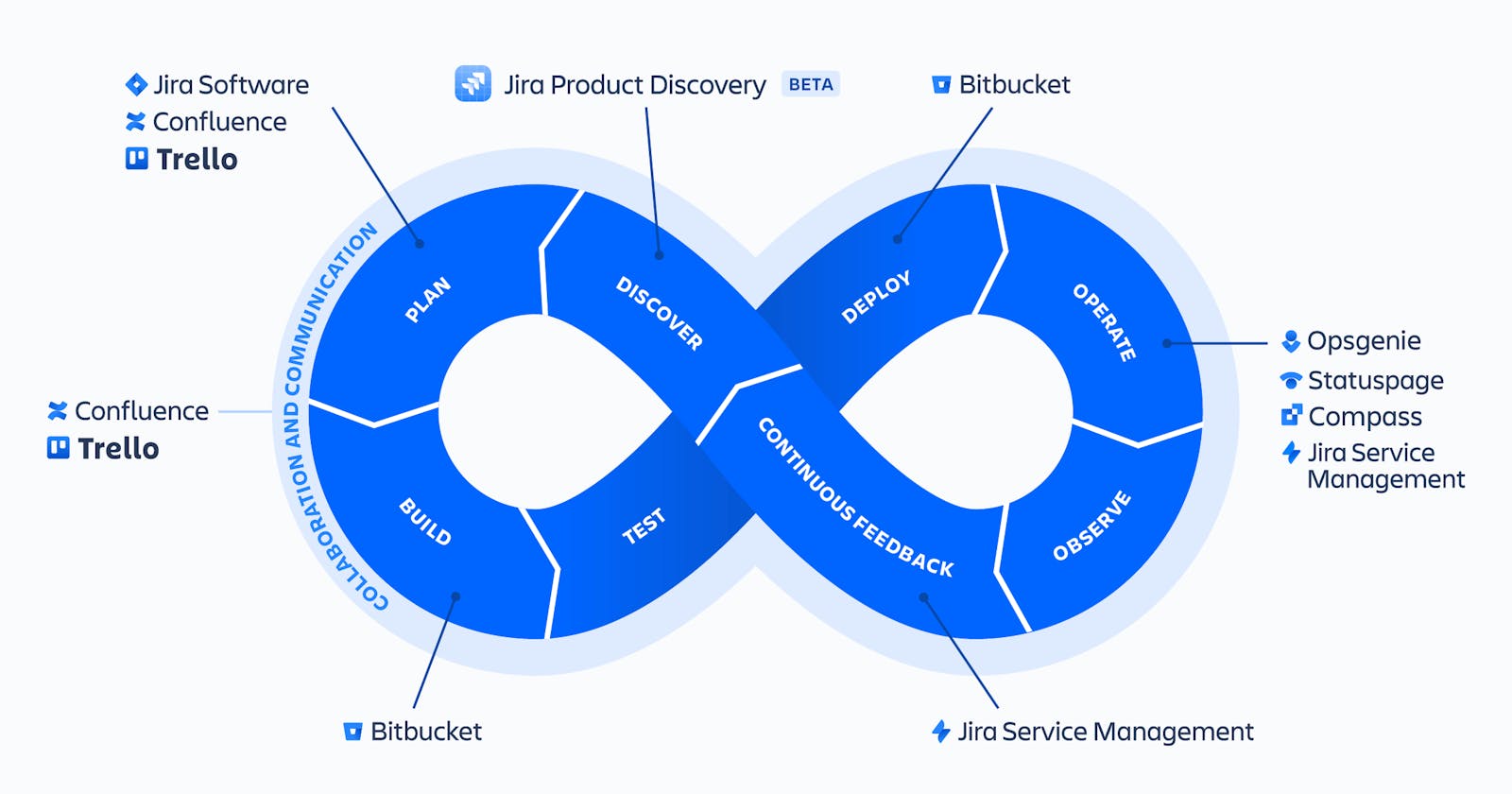what is DevOps?
- DevOps is a combination of development (Dev) and operations (Ops), and refers to a set of practices and tools that facilitate collaboration between software developers and IT operations teams. The goal of DevOps is to increase the speed and efficiency of software development and deployment, while also improving the quality and reliability of software products.
What is Automation, Scaling, and Infrastructure?
Automation, scaling, and infrastructure are key concepts in the field of technology and software development.
Automation refers to the use of software tools and processes to automate repetitive tasks and streamline workflows. By automating tasks such as testing, building, and deployment of software, teams can save time and reduce errors, leading to faster and more reliable delivery of software products.
Scaling refers to the ability to increase or decrease the capacity of an application or system in response to changes in demand. This is typically achieved through the use of cloud computing services, which allow organizations to easily add or remove resources (such as servers, storage, and networking) as needed.
Infrastructure refers to the underlying technology and resources that support an application or system, including servers, storage, networking, and software tools. Infrastructure can be deployed on-premises or in the cloud and must be configured and managed in a way that ensures reliability, performance, and security.
In summary, automation, scaling, and infrastructure are all important components of modern software development and operations, enabling teams to deliver high-quality software products that can scale to meet the needs of their users.

why DevOps is important?
DevOps is important for several reasons:
Faster time to market: By using DevOps practices, organizations can release software faster and more frequently, which allows them to respond more quickly to changing market demands and customer needs.
Improved collaboration: DevOps encourages collaboration between development and operations teams, which helps to break down silos and improve communication. This leads to better alignment of goals, greater transparency, and faster problem-solving.
Higher quality software: DevOps practices emphasize automation, continuous testing, and continuous integration, which help to identify and fix issues early in the development cycle. This results in higher-quality software that is more reliable and less likely to have defects.
Increased efficiency: By automating repetitive tasks and using infrastructure as code, DevOps can reduce the amount of time and effort required to build, deploy, and manage software. This can lead to cost savings and increased efficiency.
Better customer experience: DevOps enables organizations to quickly and reliably deliver new features and updates to their customers, which can improve the customer experience and increase customer satisfaction.
Overall, DevOps is important because it helps organizations to deliver high-quality software products faster, more efficiently, and with greater collaboration and alignment between teams.
